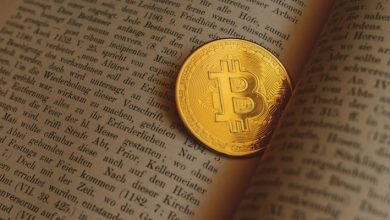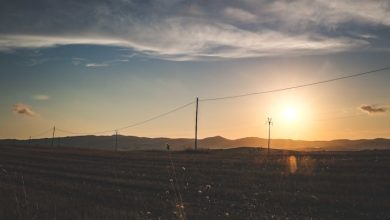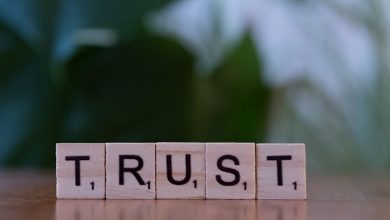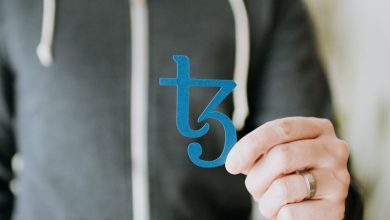What is a DAO? A Guide to Decentralized Autonomous Organizations
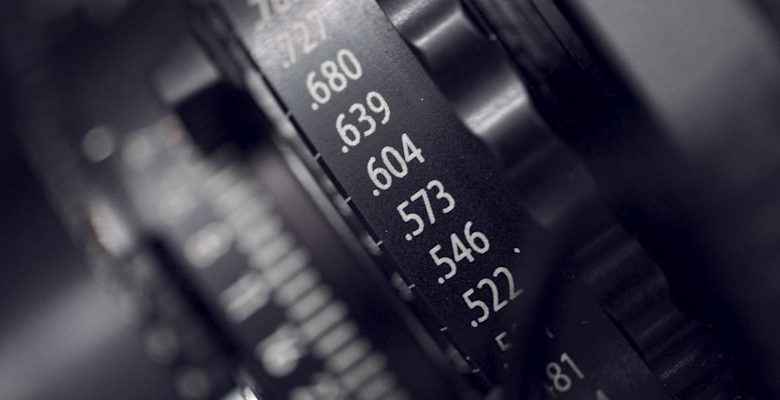
- Understanding the concept of DAOs
- The evolution of decentralized autonomous organizations
- How DAOs operate without centralized control
- The benefits of utilizing DAOs in various industries
- Challenges and limitations of implementing DAOs
- Exploring real-world examples of successful DAOs
Understanding the concept of DAOs
DAOs, or Decentralized Autonomous Organizations, are a groundbreaking concept in the realm of blockchain technology. These organizations operate without the need for a central authority, relying instead on smart contracts and code to execute decisions. Understanding the concept of DAOs is crucial for grasping the potential they hold for revolutionizing traditional organizational structures.
DAOs are essentially self-governing entities that run on a blockchain network. This means that decisions within a DAO are made collectively by its members through a voting process facilitated by smart contracts. By removing the need for intermediaries or central figures, DAOs aim to create a more transparent and efficient decision-making process.
One of the key features of DAOs is their autonomy. Once a set of rules and guidelines are established within the code, the organization can operate independently without human intervention. This autonomy is what gives DAOs their decentralized nature, as they are not controlled by any single entity but rather operate based on predefined protocols.
Furthermore, DAOs offer a level of transparency that is unparalleled in traditional organizations. Every decision, transaction, or operation within a DAO is recorded on the blockchain and can be viewed by anyone in real-time. This transparency not only fosters trust among members but also ensures accountability and fairness in the decision-making process.
Overall, understanding the concept of DAOs is essential for anyone looking to explore the potential of decentralized organizations. By embracing autonomy, transparency, and decentralized decision-making, DAOs have the power to reshape the way we think about organizational structures and governance.
The evolution of decentralized autonomous organizations
Decentralized autonomous organizations have come a long way since their inception. Initially, DAOs were primarily used for fundraising and decision-making within the blockchain community. However, over time, DAOs have evolved to encompass a wide range of industries and applications.
One of the key developments in the evolution of DAOs is the increased focus on governance mechanisms. DAOs have implemented various voting systems and smart contracts to ensure that decisions are made fairly and transparently. This shift towards more robust governance structures has helped to increase trust and participation within DAOs.
Another significant advancement in the evolution of DAOs is the rise of interoperability. DAOs are now able to communicate and collaborate with each other, creating a network of interconnected organizations. This interoperability has opened up new possibilities for DAOs to work together on shared goals and projects.
Additionally, DAOs have become more sophisticated in their use of smart contracts and decentralized technologies. These advancements have enabled DAOs to automate a wide range of processes, from voting to asset management. This automation has helped to streamline operations and reduce the need for manual intervention.
Overall, the evolution of decentralized autonomous organizations has been marked by a shift towards more robust governance structures, increased interoperability, and greater sophistication in the use of smart contracts. These advancements have helped to solidify the role of DAOs as a powerful and versatile tool for organizing and coordinating collective action in a decentralized manner.
How DAOs operate without centralized control
Decentralized Autonomous Organizations (DAOs) operate without centralized control through a network of smart contracts and voting mechanisms. These smart contracts are self-executing agreements written in code that run on blockchain technology, ensuring transparency and security. Members of a DAO can propose and vote on decisions, such as funding projects or changing governance rules, through a decentralized voting process. This democratic approach allows for the collective management of the organization without the need for a central authority.
DAOs leverage the power of blockchain technology to create a trustless and autonomous system where decisions are made based on predetermined rules and algorithms. This eliminates the need for intermediaries and reduces the risk of fraud or corruption. Additionally, DAOs typically operate on a transparent and immutable ledger, allowing for full visibility into the organization’s activities.
By removing centralized control, DAOs empower individuals to participate in decision-making processes and governance structures in a direct and decentralized manner. This fosters a more inclusive and democratic approach to organizational management, where every member has a voice and a stake in the DAO’s success. Ultimately, DAOs represent a new paradigm for organizational governance that prioritizes transparency, autonomy, and community-driven decision-making.
The benefits of utilizing DAOs in various industries
Decentralized Autonomous Organizations (DAOs) offer numerous benefits across various industries. By utilizing DAOs, organizations can streamline decision-making processes, increase transparency, and enhance security. DAOs enable stakeholders to participate in governance without the need for intermediaries, leading to more efficient operations.
One of the key advantages of DAOs is their ability to promote inclusivity and decentralization. This can result in more diverse perspectives being taken into account when making important decisions. Additionally, DAOs can help reduce the risk of fraud and corruption by leveraging blockchain technology to ensure that transactions are secure and immutable.
Moreover, DAOs can facilitate the creation of innovative business models that are not bound by traditional structures. This can lead to increased agility and adaptability in rapidly changing industries. By harnessing the power of smart contracts, DAOs can automate processes and reduce the need for manual intervention.
Overall, the adoption of DAOs has the potential to revolutionize the way organizations operate across a wide range of industries. By embracing decentralized governance and leveraging blockchain technology, organizations can unlock new opportunities for collaboration, efficiency, and trust in their operations.
Challenges and limitations of implementing DAOs
Implementing DAOs can come with its fair share of challenges and limitations that organizations need to be aware of before diving into this decentralized model of governance. One of the key challenges is the lack of regulatory clarity surrounding DAOs. As these organizations operate without a central authority, it can be difficult for regulators to determine who is responsible for compliance and oversight. This ambiguity can create legal risks for DAOs and their participants.
Another challenge is the potential for security vulnerabilities within the DAOs’ smart contracts. These contracts are essentially self-executing pieces of code that dictate how the organization operates. If there are bugs or loopholes in the code, malicious actors could exploit them to siphon funds or disrupt operations. Ensuring the security and integrity of smart contracts is crucial for the success of a DAO.
Additionally, DAOs face scalability issues as they grow in size and complexity. As more members join the organization and more decisions need to be made, the governance process can become slow and inefficient. It can be challenging to strike a balance between decentralization and efficiency in decision-making within a DAO.
Moreover, DAOs also rely heavily on the participation and engagement of their members. If there is a lack of interest or commitment from participants, the organization may struggle to function effectively. Building a strong community around the DAO and incentivizing active participation is essential for its long-term success.
In conclusion, while DAOs offer a revolutionary approach to organizational governance, they are not without their challenges and limitations. Addressing issues such as regulatory uncertainty, security vulnerabilities, scalability concerns, and member engagement is crucial for the sustainable growth and viability of decentralized autonomous organizations.
Exploring real-world examples of successful DAOs
Exploring real-world examples of successful Decentralized Autonomous Organizations (DAOs) can provide valuable insights into how these innovative entities operate and thrive in various industries.
- 1. The DAO – One of the earliest and most well-known examples of a DAO is “The DAO,” a crowdfunding project built on the Ethereum blockchain in 2016. Despite facing a major security breach that led to significant losses, The DAO demonstrated the power of decentralized decision-making and community governance.
- 2. Aragon – Aragon is a platform that enables the creation and management of DAOs without the need for technical expertise. It has been used by various organizations, including digital media companies and blockchain projects, to streamline decision-making processes and enhance transparency.
- 3. MakerDAO – MakerDAO is a decentralized credit platform that issues the stablecoin DAI. By leveraging smart contracts and decentralized governance, MakerDAO has created a stable and transparent financial system that is independent of traditional banking institutions.
These examples showcase the diverse applications of DAOs across different sectors, from crowdfunding to governance and finance. By studying the successes and challenges of these DAOs, we can gain a deeper understanding of how decentralized autonomous organizations are reshaping the future of collaboration and innovation.
